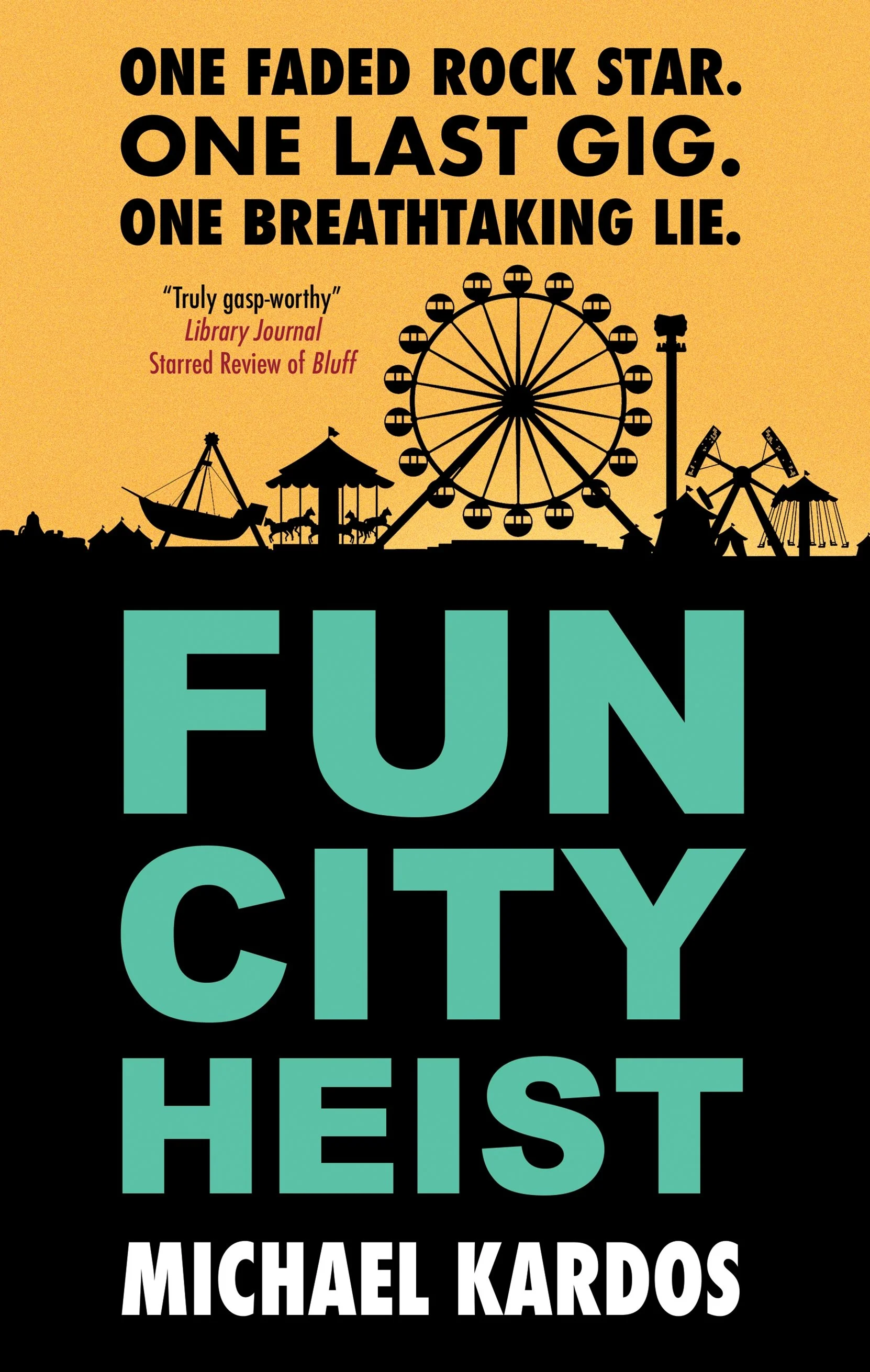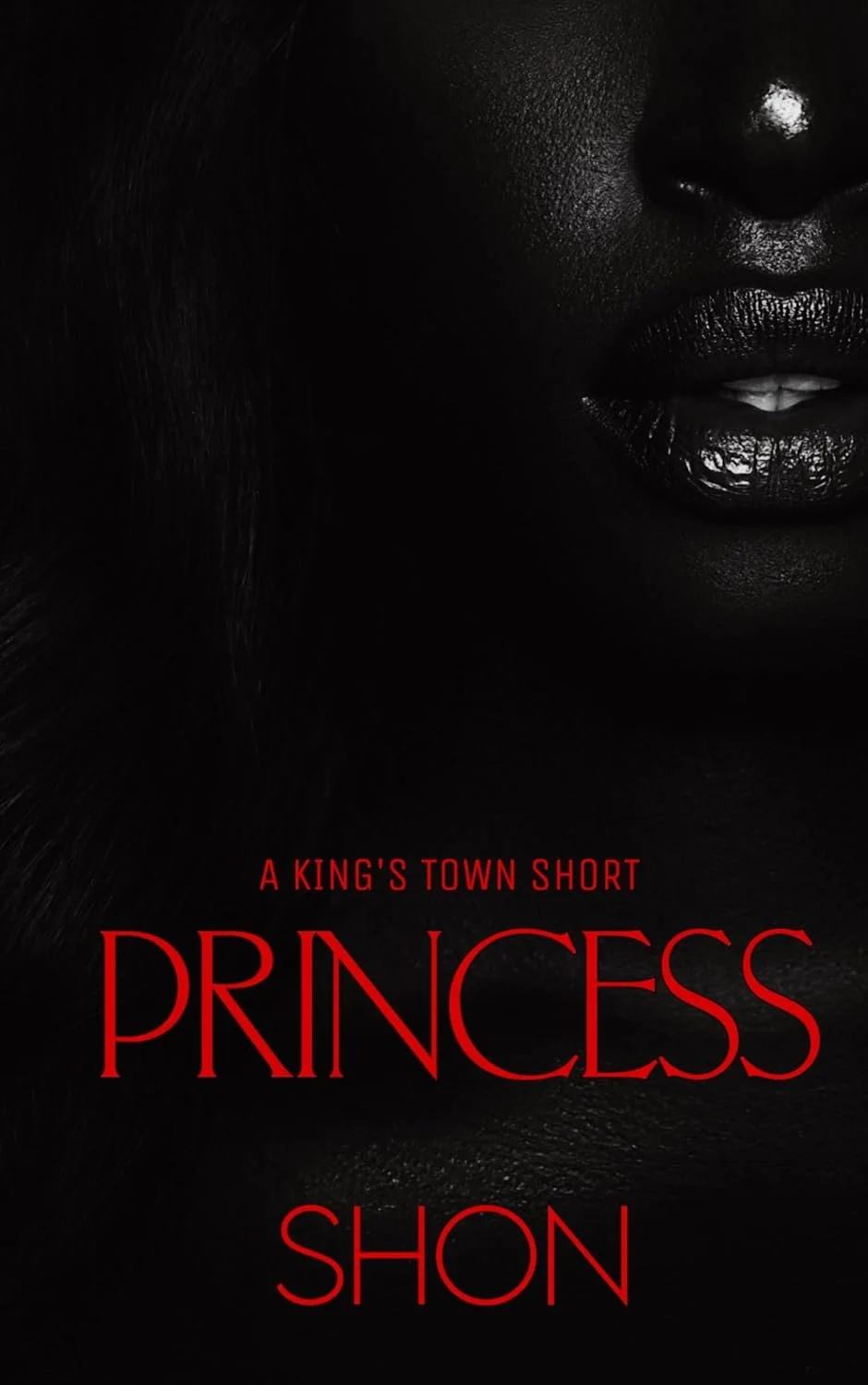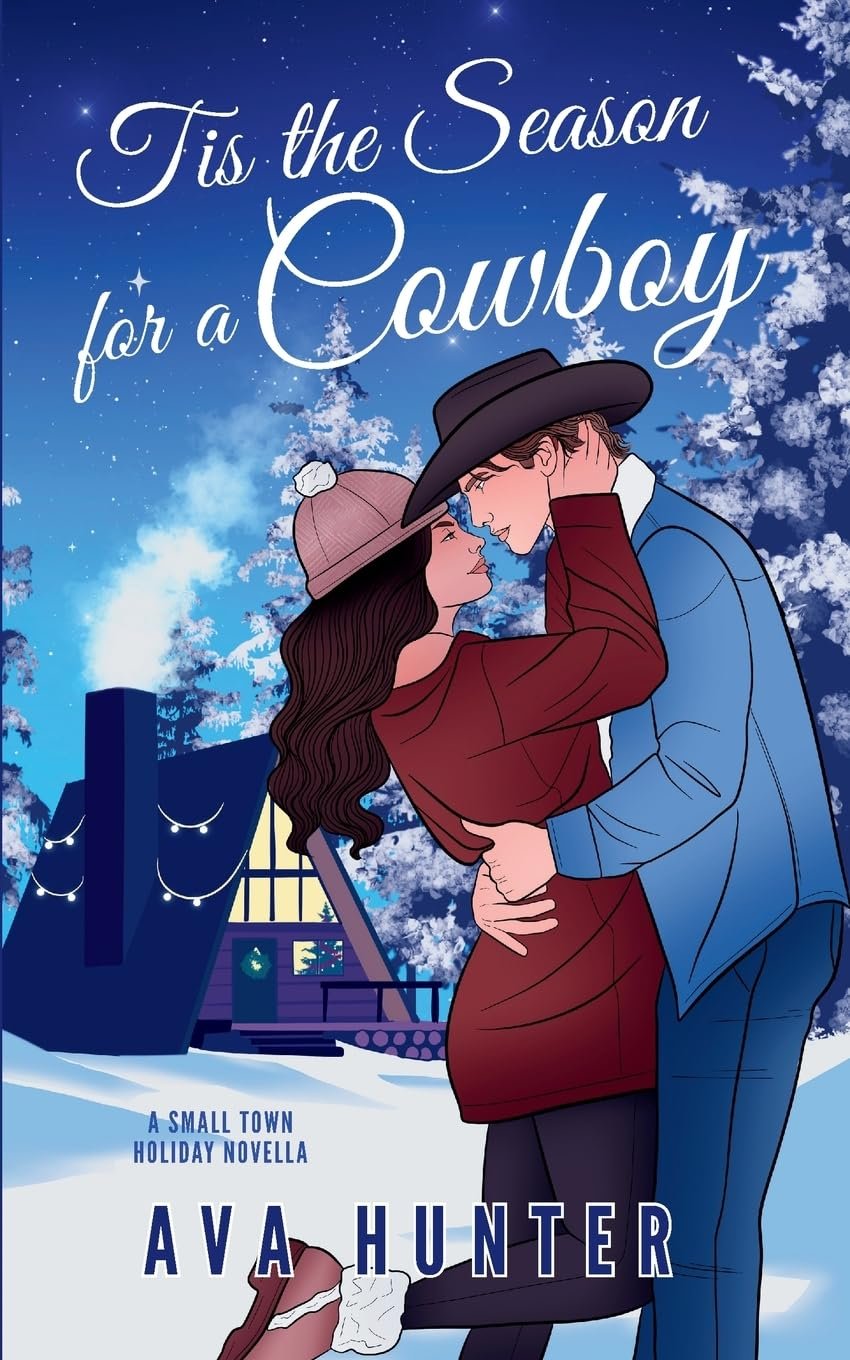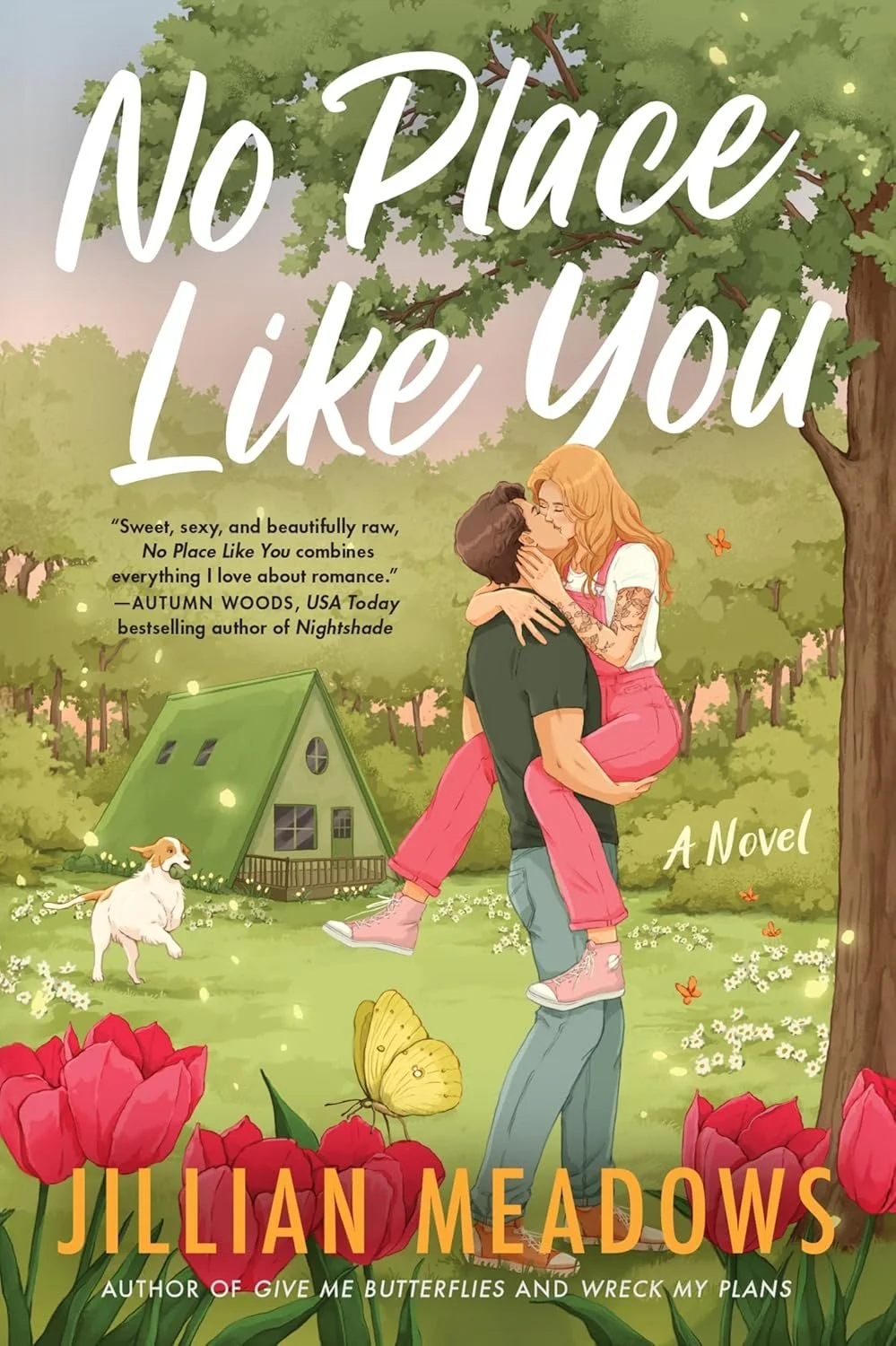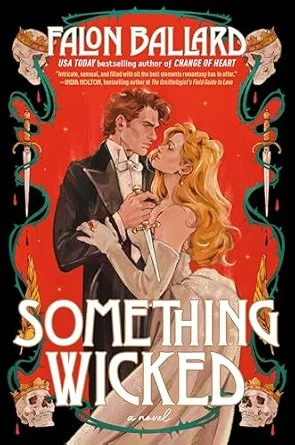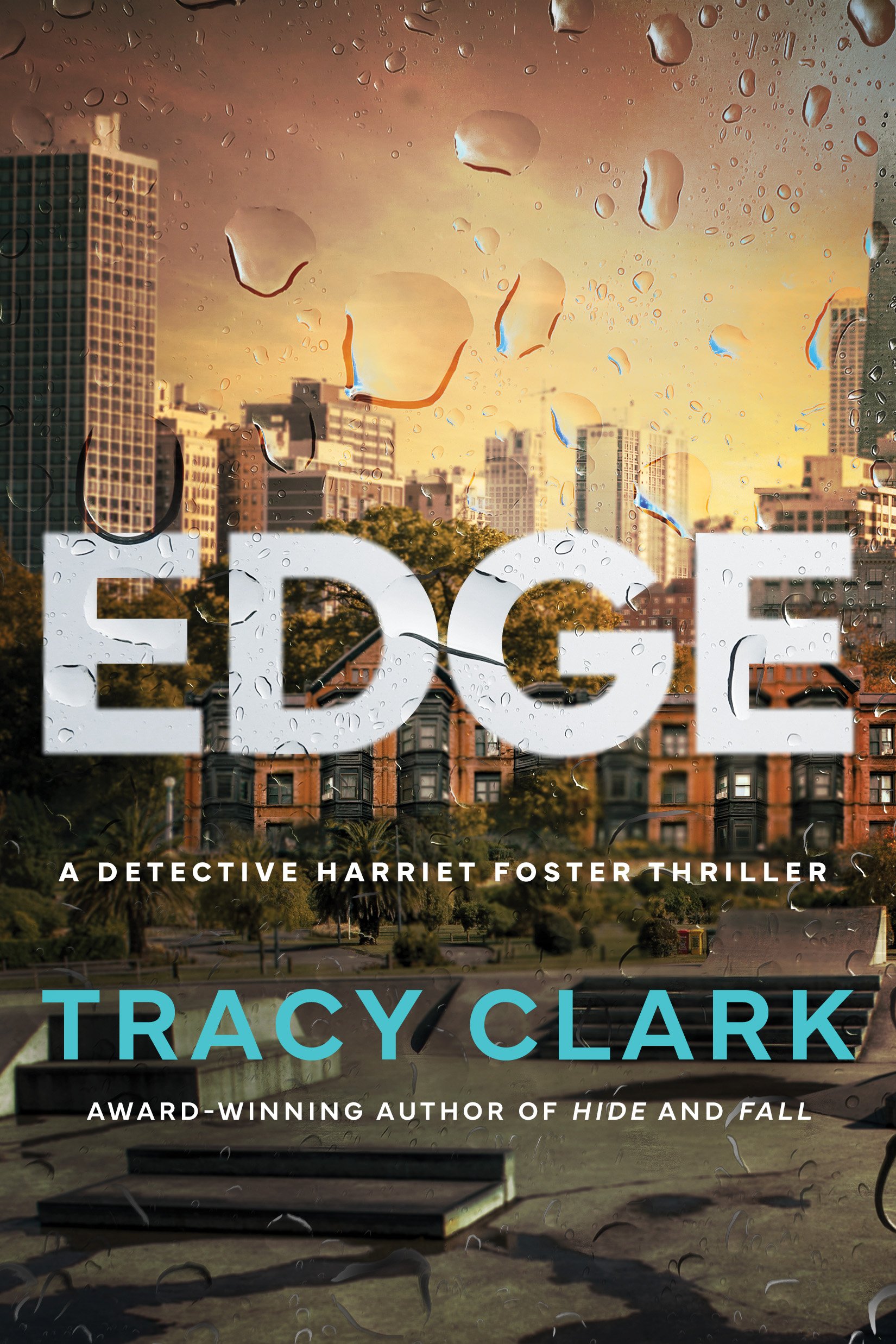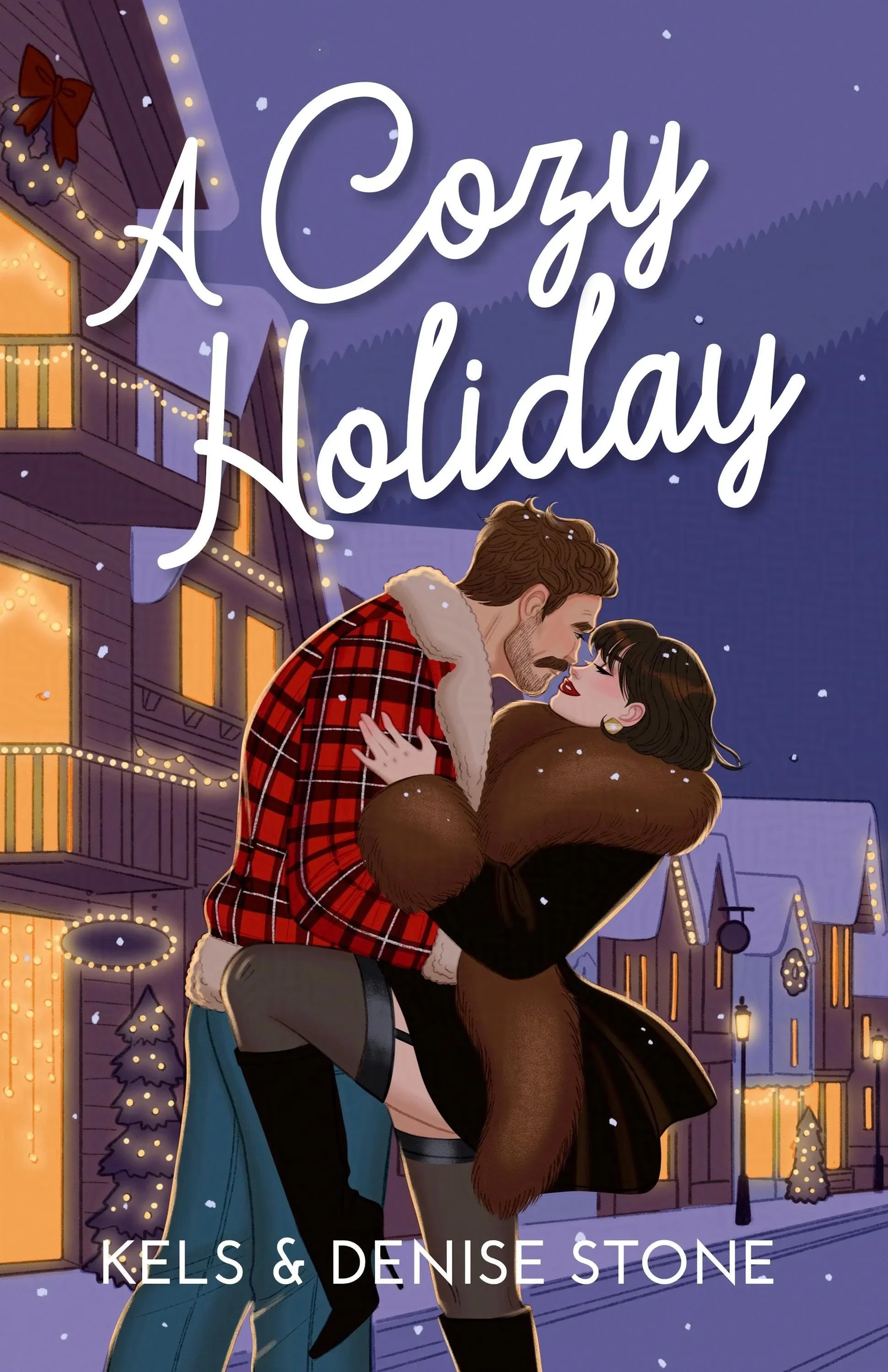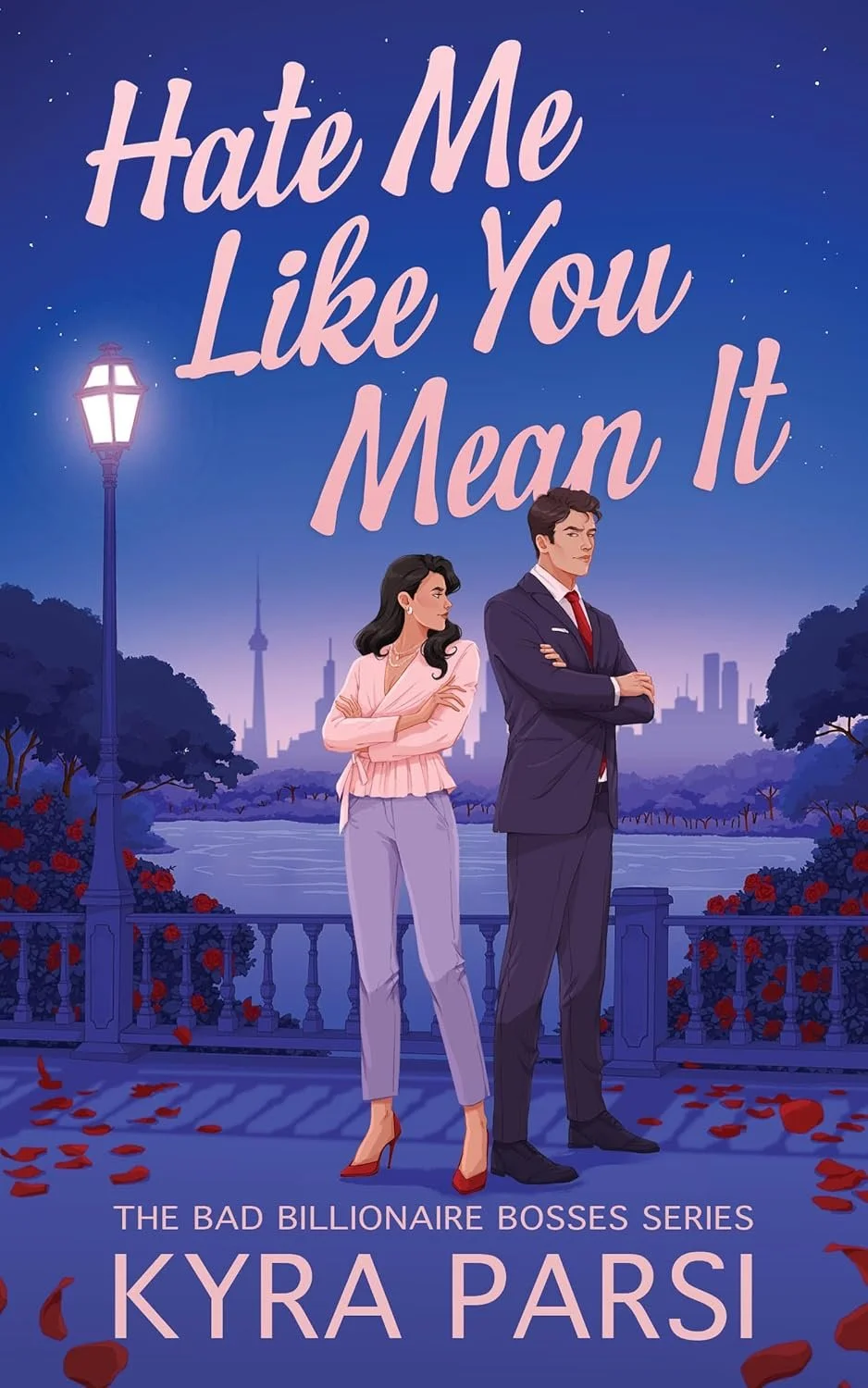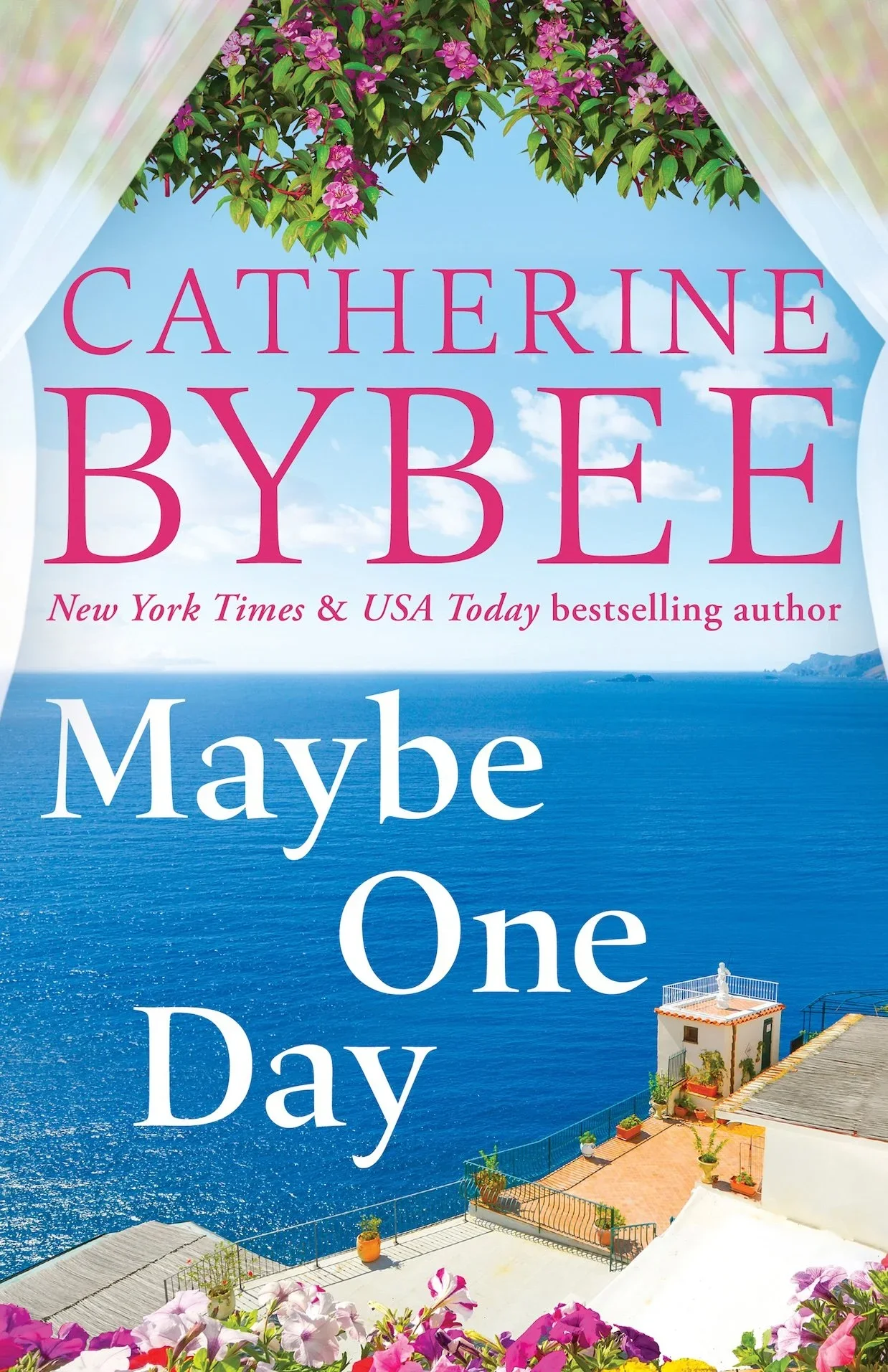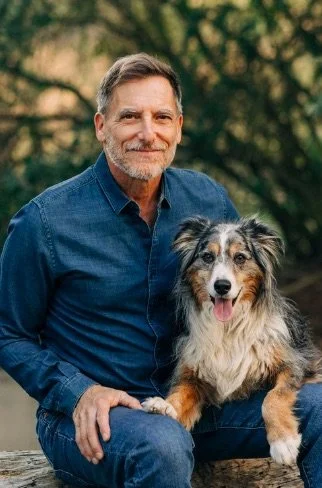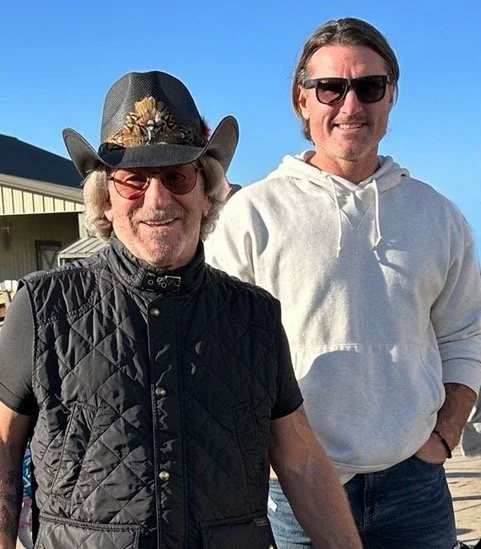Q & A with Author Jenny Benjamin
/Jenny Benjamin, a Milwaukee native, currently is a freelance writer and former educator with an extensive portfolio. Adding author to her belt, she has written a book called, "The Most Amazing." I'm pleased to have her stop by and chat about her work being an author.
What inspired you to become an author and write your first book?
I have been writing for so long, and I had a couple of unfinished novels under my belt. After I had my third daughter, and I was starting to write as a freelancer for educational companies, I made writing and finishing a novel a priority. For me, it works well to write fiction and freelance because when I have to wait to hear back from an editor, I go to my fiction.
You were once an educator, how do you feel that has impacted your career as a writer?
I think teaching is in everything people do. Personally, teaching has taught me how to listen, read people, and how to move them with stories. I worked very hard at getting my students to enjoy books and stories. I tried to engage my kids, and I asked myself: how can I get them into the book I was teaching? I transferred that to my own writing where I constantly ask myself: how will I get readers to want to turn the page?
Do you have a specific writing style?
I don’t think I do, but I’m probably wrong about that! I really try to get into the head of my point of view character, so I aspire to make my writing styles match that head.
How did you come up with the title of your novel? What inspired the way you told your story?
I had a few other titles before I settled on This Most Amazing, which is an inversion of words in the first line of an E.E. Cummings poem, “I thank You God for most this amazing.”
It took me a long time to come up with the way to tell this story. I wrote about Vincenzo in different forms for over ten years: a failed start to a novel about my grandmother and several poems. Once the character of Dahlia came to me in 2009, the structure of the two timelines fell into place.
What were the challenges in bringing your characters to life?
Since I had two time periods in the novel, I had different challenges for each timeline. For the characters set in 1797 Italy, I researched and worked hard to make them compelling for a modern reader with having authentic, historically accurate details. Sometimes I would get obsessed with something, say, tallow candle making, because I had started by exploring what kind of candle was in Vincenzo’s, the soldier in 1797, hand. I would have to rein myself in and get back on the track of writing the story. For the contemporary time period, I spent a good deal of time trying to bring Jonas, Dahlia’s love interest, to life. She’s a strong, dominant character, and I had to re-write Jonas in many scenes so he had some meat and wasn't a one-trick pony type of character.
Did you learn anything from writing your book and what was it?
I learned countless things from writing this book. So much research went into the 1797 timeline it’s hard to catalog all the nuggets of new knowledge! I brushed up on my Italian. I learned about painting with oils, and I read a lot about the history of food in Italy along with pouring over my Italian cook books or my late Italian grandmother’s recipes.
Who is your favorite author and what is it that really strikes you about their work?
It is hard for me to select one author as a favorite. One favorite, who really could be named the “top” one, is Zora Neale Hurston. I taught Their Eyes Were Watching God to my high school students for years, and each time I learned something new about writing and reading. We read a lot of the dialog out loud and had so much fun. I also love how she puts it all out there – her writing is so full of life and love!
What books have most influenced your life most?
Their Eyes Were Watching God by Zora Neale Hurston
Jane Eyre by Charlotte Bronte
Price and Prejudice and Persuasion by Jane Austen
The Epic of Gilgamesh
Inferno by Dante Alighieri, translated by Robert Pinsky
Tao Te Ching by Lao-tzu, translated by Stephen Mitchell
Resurrection by Tucker Malarkey
April in Paris by Michael Wallner
Anything by Anita Shreve, Michael Cunningham, Margaret Atwood, and Ariana Franklin
Can you share a little of your current work with us?
I am pitching my young adult trilogy (The Terrian Books) to agents and editors. The main crux of the trilogy is seventeen-year-old, African-American Jesse Woods and his two friends realize they have special powers given to them from an ancient alien species that has pretended to be humanity’s gods since the inception of human religions. The friends must go to this planet to stop a war that could destroy humanity.
Also, I’ve completed the first draft of another novel for adults. In this novel, the main character, Heather Finch, is a forty-two-year-old widow re-learning how to live after caring for her brain-injured husband for three years. Embarking on a new writing retreat in Scotland, Heather Finch finds mysterious happenings at her Scottish Highland cottage, which may include new love.
Do you have any advice for other writers?
Set a base amount of words to write every day. My base amount is 400 words a day, at the very least. On difficult days, I bleed the words, but on good days, they spill out of me, and I surpass the minimum, feeling very accomplished. Those boosts keep you writing. Revise, but don’t get stuck to where you never send anything out. None of your writing has a chance of getting published if it is not in the world. Also, if you get a personalized rejection, take what is useful, don’t dwell on the stingers, and move on. Be confident in your work and your ideas. Don’t give up. Don’t stop.
For more information on you Jenny, you can connect with her at:
http://jb-communications.com/
http://www.goodreads.com/author/show/7072665.Jenny_Benjamin
https://twitter.com/jenny_llc

